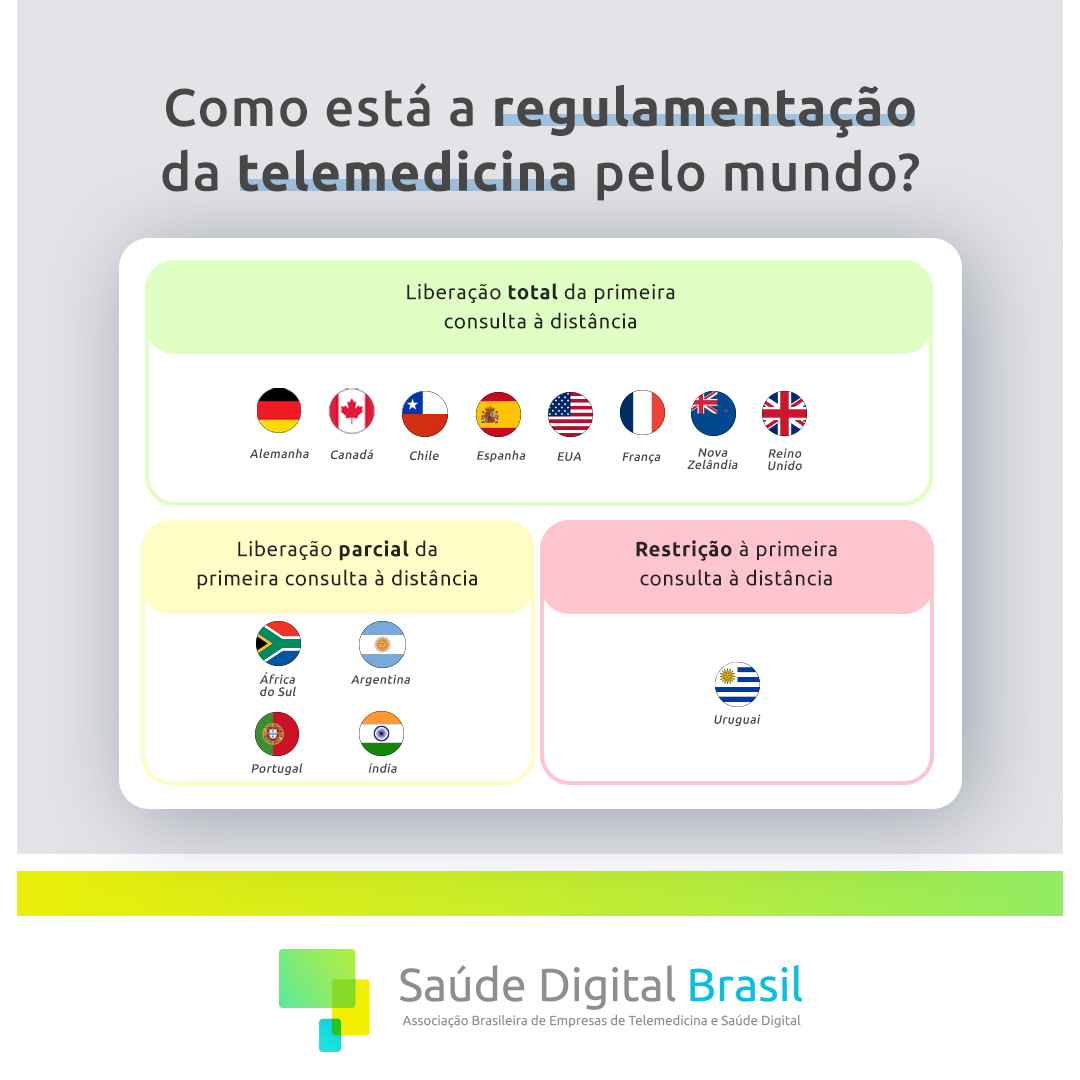By Michele Alves
The telehealth scenario in Brazil has undergone significant transformations in recent years, driven by important milestones that have shaped the sector. The first crucial change was the sectoral structuring, which emerged during the beginning of the pandemic, resulting in the creation of specific representative entities for the telemedicine and digital health sector, at which point Saúde Digital Brasil itself emerged. This advancement allowed the sector to actively participate in discussions with public and private authorities, marking a phase of essential debates for the sustainable development of the sector.
The second notable achievement was the enactment of Law No. 14,510/22, which regulates the practice of telehealth in Brazil. Before this legislation, regulatory obstacles limited the operation and expansion of new services, reflecting the concerns of society and the regulator itself about the digitalization of healthcare and, especially, of care. Aspects such as information security and humanization of care were always brought to the fore when it came to the expansion of remote care. The pandemic and the increased demand for remote care caused the sector to expand during the pandemic, but it was Law No. 14,510, enacted after much effort by Saúde Digital Brasil, partner entities and parliamentarians committed to its approval, that ensured the sector had the security to operate and allowed the exercise of Telehealth in all areas of healthcare.
Regarding the social challenges of digitalization, although we have made significant progress in recent years, including in terms of connectivity, some of them still persist, such as ensuring greater connectivity, including digital literacy, and the availability of trained professionals to provide care. In this sense, I would like to highlight initiatives such as the Manual of Good Practices for Telemedicine and Telehealth of Digital Health Brazil, which provides minimum standards for the operation of digital health care services, looking at aspects such as clinical protocols, interoperability, information security and data protection, and electronic prescription and dispensing of medications.
Still on the subject of challenges, the sector must remain committed to the effective integration between digital and physical, requiring well-defined flows and processes, exchange of information between the different systems, so that the entire patient journey is included in the Phygital flow.
Regulation continues to be a point of concern, requiring constant dialogue with various regulatory bodies and authorities. Overcoming barriers and advancing regulatory issues have been progressive. In general, it is important to emphasize that Brazilian regulation works and that public agents have shown interest and worked to adapt our regulation to technological advances. It is up to us in this process, as an organized civil society, to provide data and technical support to support the regulator in drafting feasible regulations that actually solve regulatory problems or gaps.
Looking to the future, the expectation is for the sector to develop further, especially in relation to Artificial Intelligence. By 2024, we foresee the emergence of new technologies, mainly linked to AI, and solutions aimed at remote monitoring, with a focus on chronic patients, primary care and sleep monitoring. We also foresee an increase in discussions and initiatives on patient-centricity and the comprehensive and preventive health approach with the incorporation of multidisciplinary teams in patient care and digital care at all levels of health care. At the same time, data security and interoperability regulation remains a priority to ensure the protection of patient information.
Michele Alves is Executive Manager of Saúde Digital Brasil.





